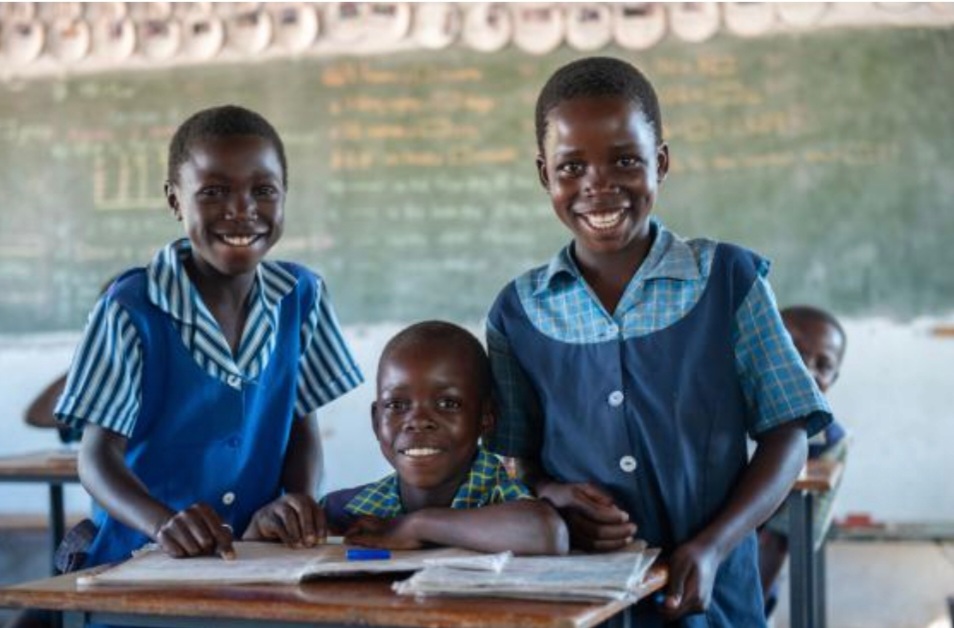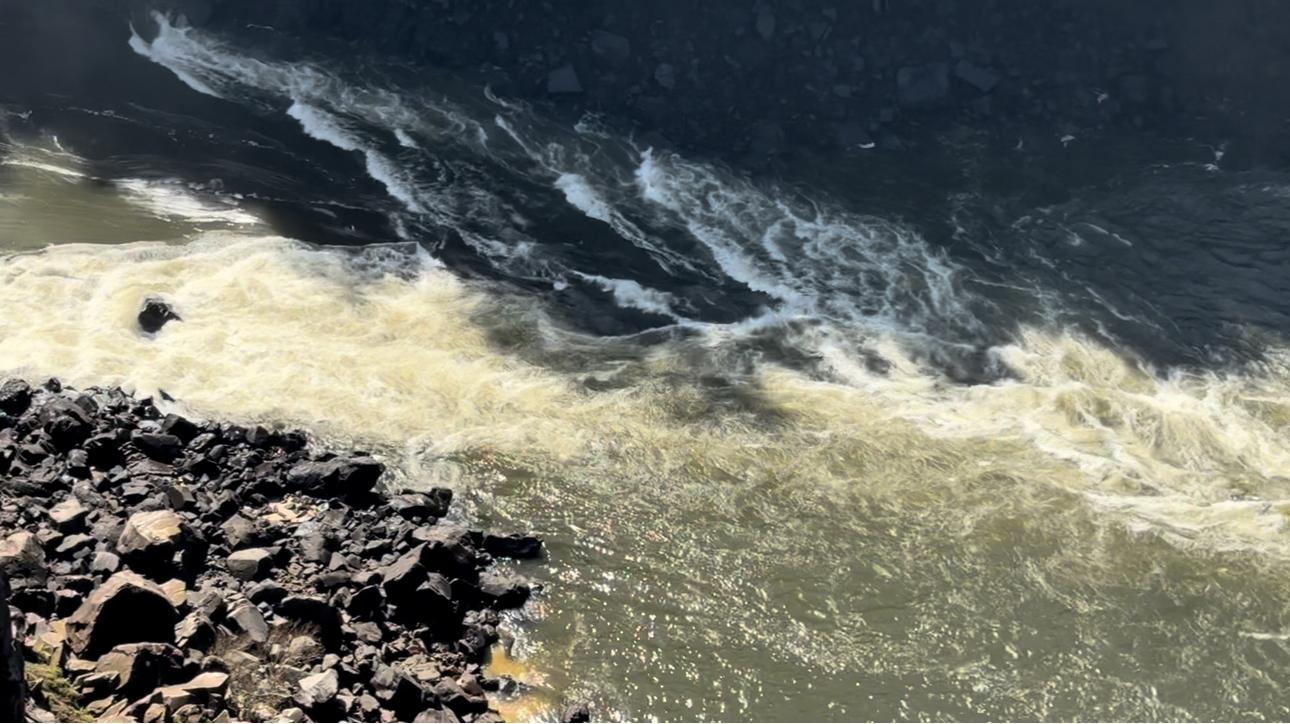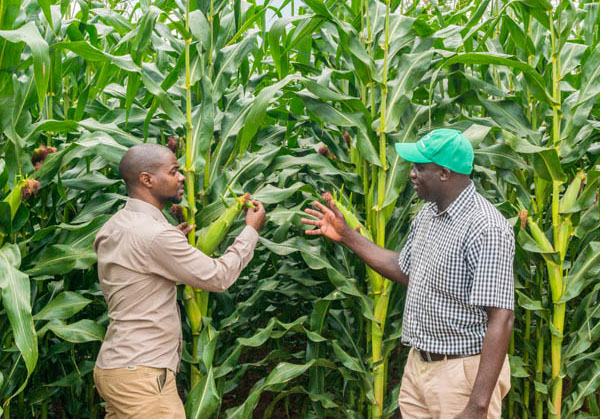BY NOKUTHABA DLAMINI
Hwange Central constituency has finally received its long-awaited Constituency Development Fund (CDF) allocation, marking the first disbursement since 2022, Member of Parliament for the area, Fortune Daniel Molokele, has confirmed.
In a statement, Molokele said an amount of ZiG 1.3 million was deposited last week into a special bank account set up exclusively to administer CDF funds for the constituency. The disbursement falls under the 2024 national budget, following confirmation from the Parliament of Zimbabwe that no CDF disbursement will be made under the 2023 national budget.
He further noted that there is still no clarity on when CDF allocations under the 2025 and 2026 national budgets will be released.
“With this development, our local CDF Committee will, during the coming week, initiate the process of rolling out the approved projects,” said Molokele.
Priority Wards and Projects
The initial phase of implementation will cover five wards, namely Wards 1, 4, 5, 6 and 14, with the remaining wards expected to benefit under the next CDF disbursement.
According to minutes from a public consultation meeting held on 13 April 2024 at St Ignatius Primary School in Hwange, the community unanimously prioritised solar-powered boreholes with JoJo tanks and fenced nutritional gardens as the flagship project for the 2024 CDF cycle.
The project is set to be implemented at the following locations:
- Ward 1: Chibondo
- Ward 4: Baghdad
- Ward 5: Empumalanga
- Ward 6: Phase Four
- Ward 14: Ngumija
Other proposals discussed at the meeting included the construction of an Advanced Level laboratory science facility at Nechilisa Secondary School and the refurbishment of Nengasha Stadium, but these were deferred in favour of addressing water and food security.
CDF Committee in Place
The public meeting also elected a new 2023–2028 CDF Committee, comprising:
- Alice Phiri (Trade Unions, Women and Local Communities)
- Luka Katako (Traditional Leaders and Faith-Based Leaders)
- Bryan Nyoni (Youth and Local Communities)
- Shonipai Muleya (Finance and Accounting)
Francisca Ncube was nominated as the National Assembly representative, while Teresa Kabondo will represent the constituency in the Senate.
The CDF bank account signatories and procurement committee members include Molokele, Luka Katako, Thulani Moyo and Alice Phiri.
Funding Clarifications
Although earlier discussions indicated that the 2024 allocation would include outstanding funds from 2023—bringing the total to an estimated USD100 000, to be disbursed in ZiG at the interbank rate—the Speaker of Parliament later clarified that the 2023 CDF allocation was no longer available.
“As a result, each constituency ended up receiving ZiG 1.3 million, which was meant to be equivalent to USD50 000,” Molokele explained, adding that the approved projects were subsequently endorsed by the relevant Parliamentary committee.
He also confirmed that no CDF proposals have yet been submitted for 2025 and 2026.
Residents seeking further information have been advised to contact CDF Committee Secretary Thulani Moyo on 078 648 3659.
Molokele said at least two public feedback meetings will be held once implementation begins, to ensure transparency and accountability in the use of the funds.


 Slider3 years ago
Slider3 years ago
 National4 years ago
National4 years ago
 Tourism and Environment4 years ago
Tourism and Environment4 years ago
 Opinion4 years ago
Opinion4 years ago
 Special reports4 years ago
Special reports4 years ago
 National4 years ago
National4 years ago
 National3 years ago
National3 years ago
 National3 years ago
National3 years ago


